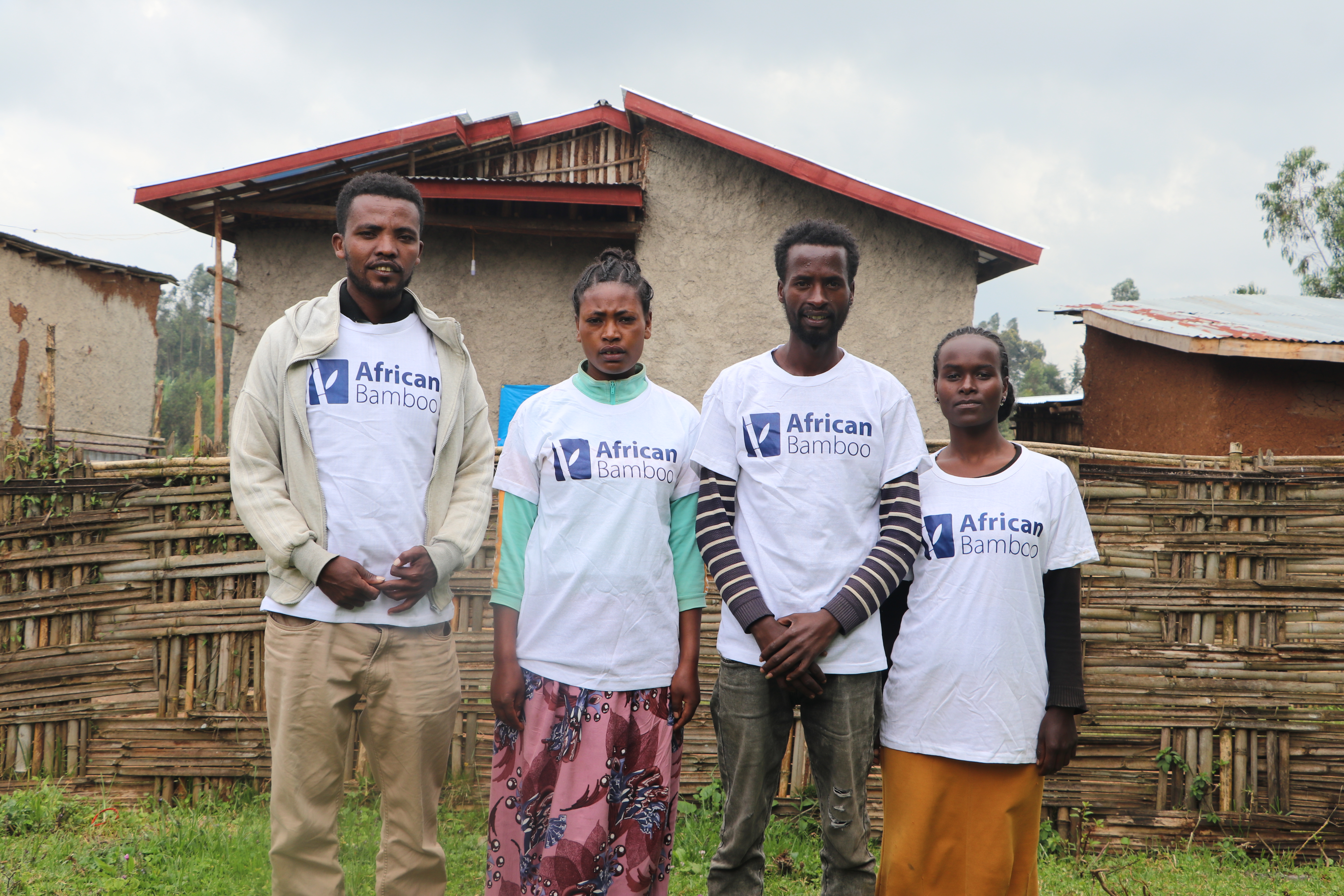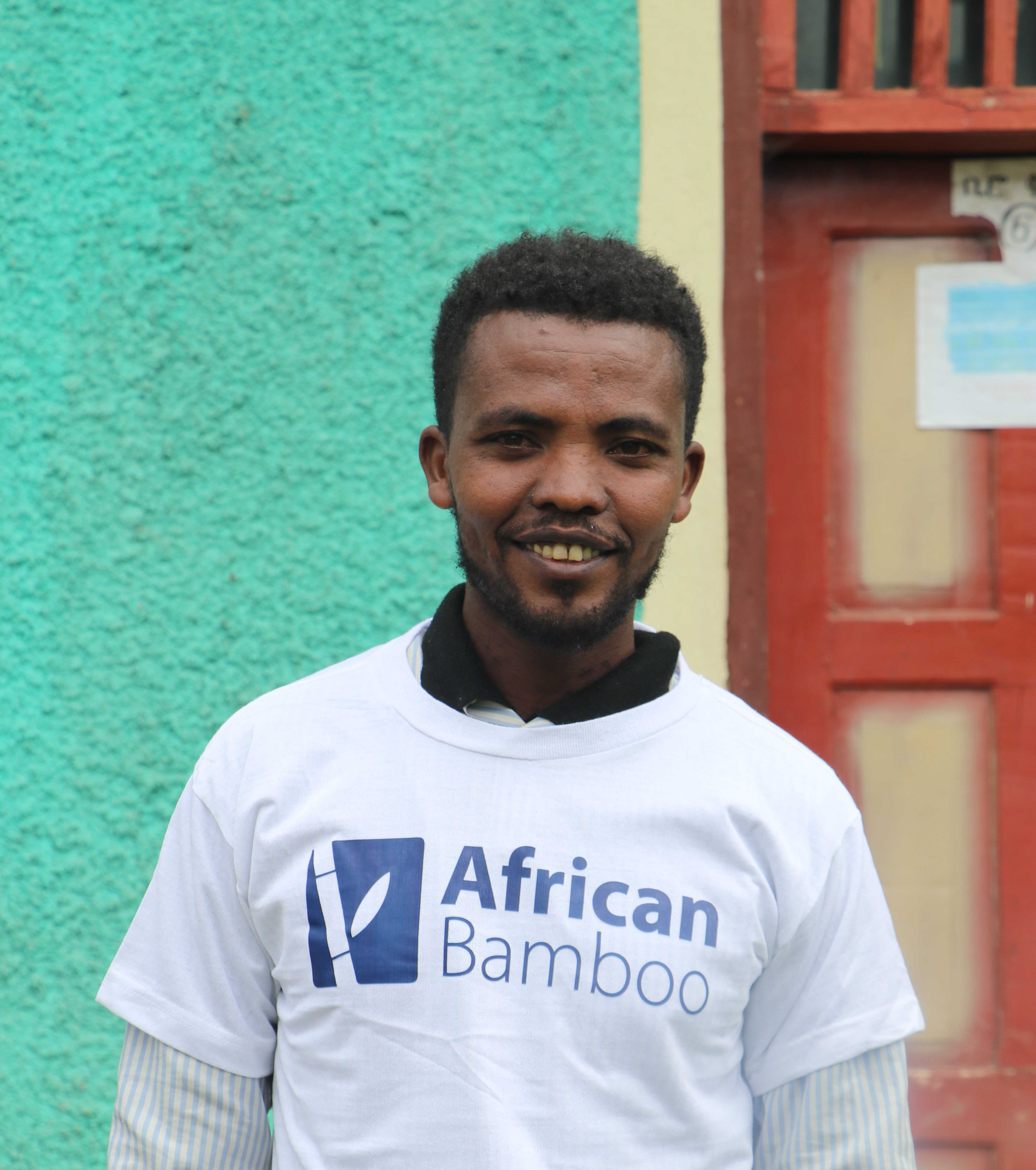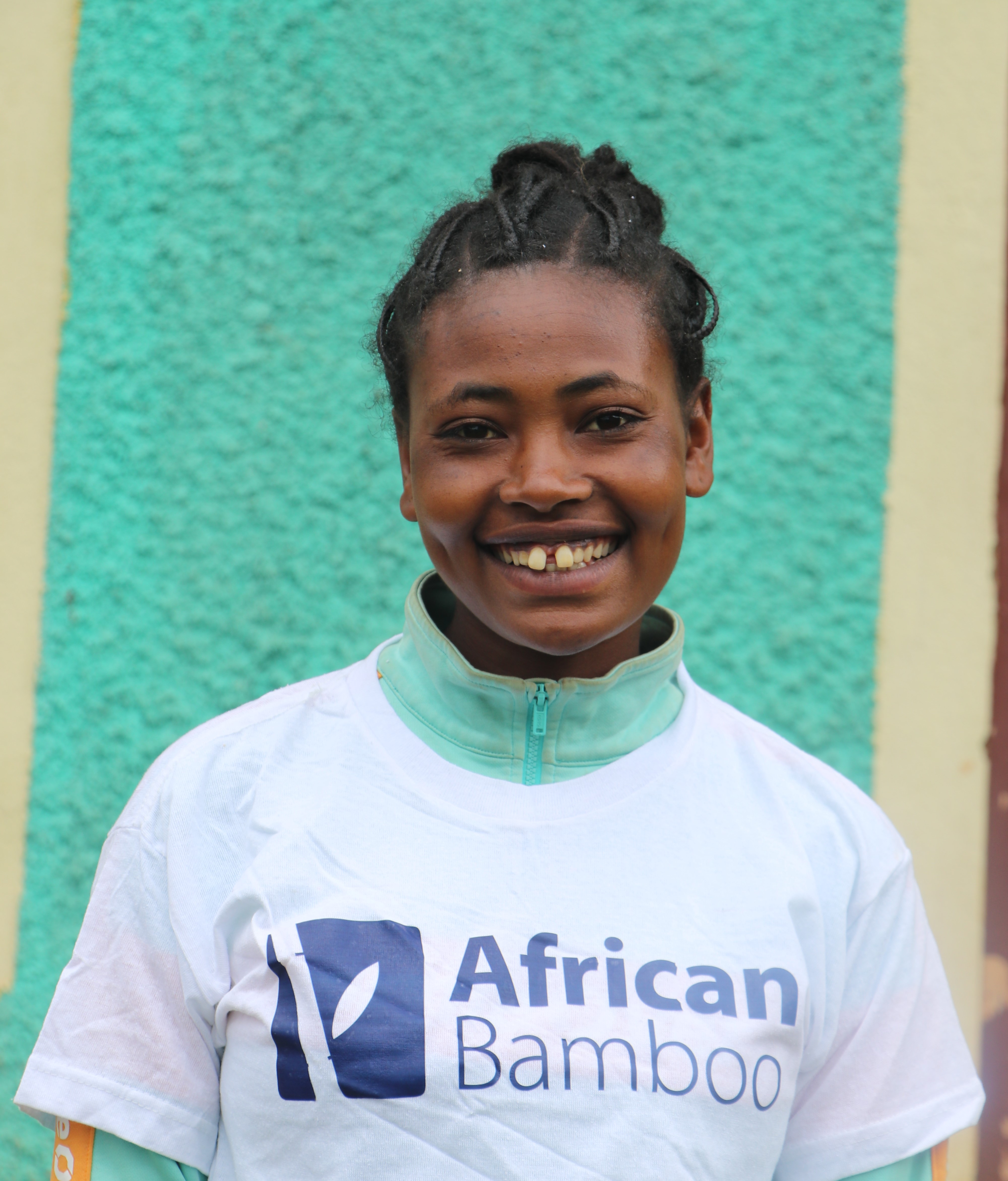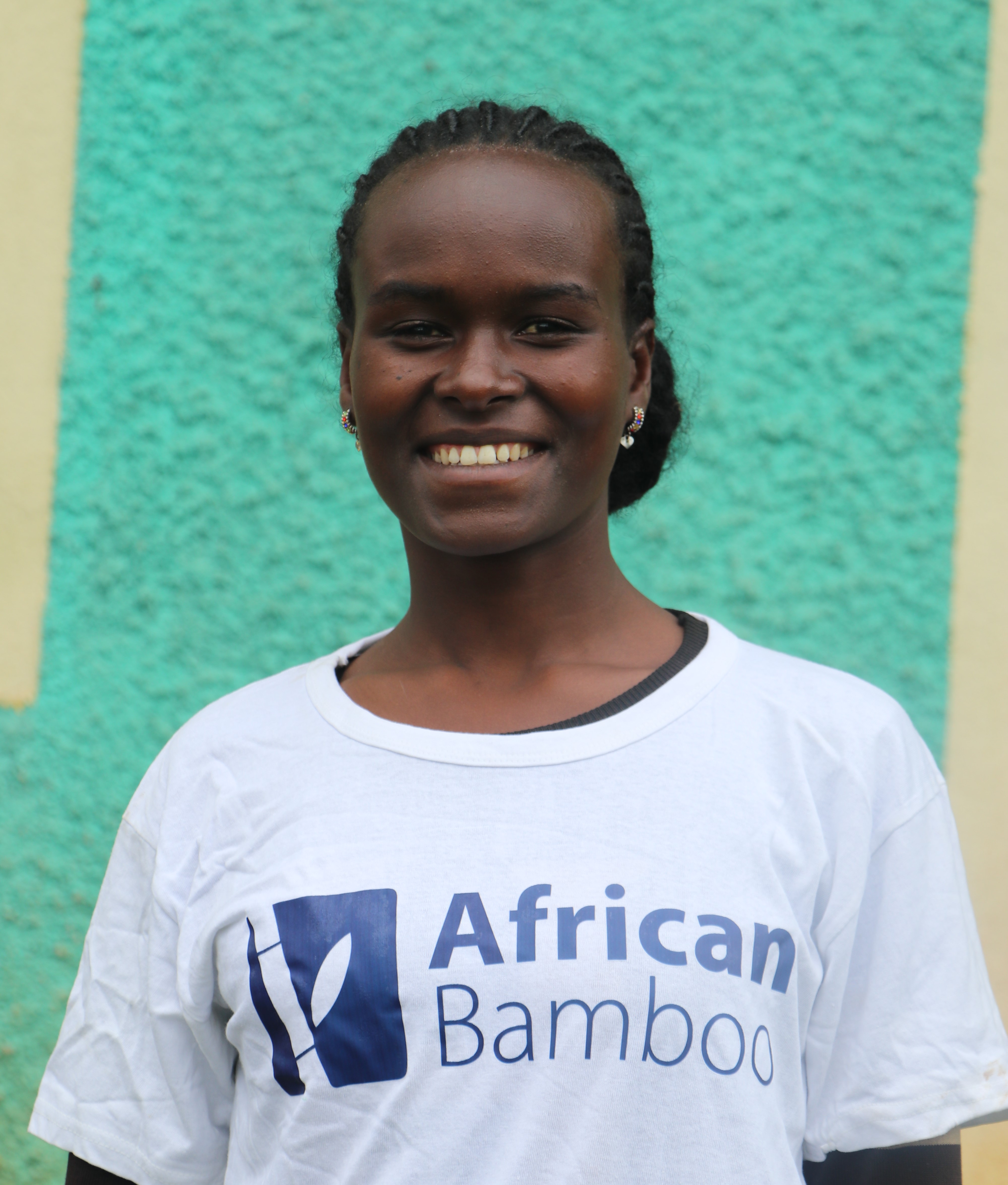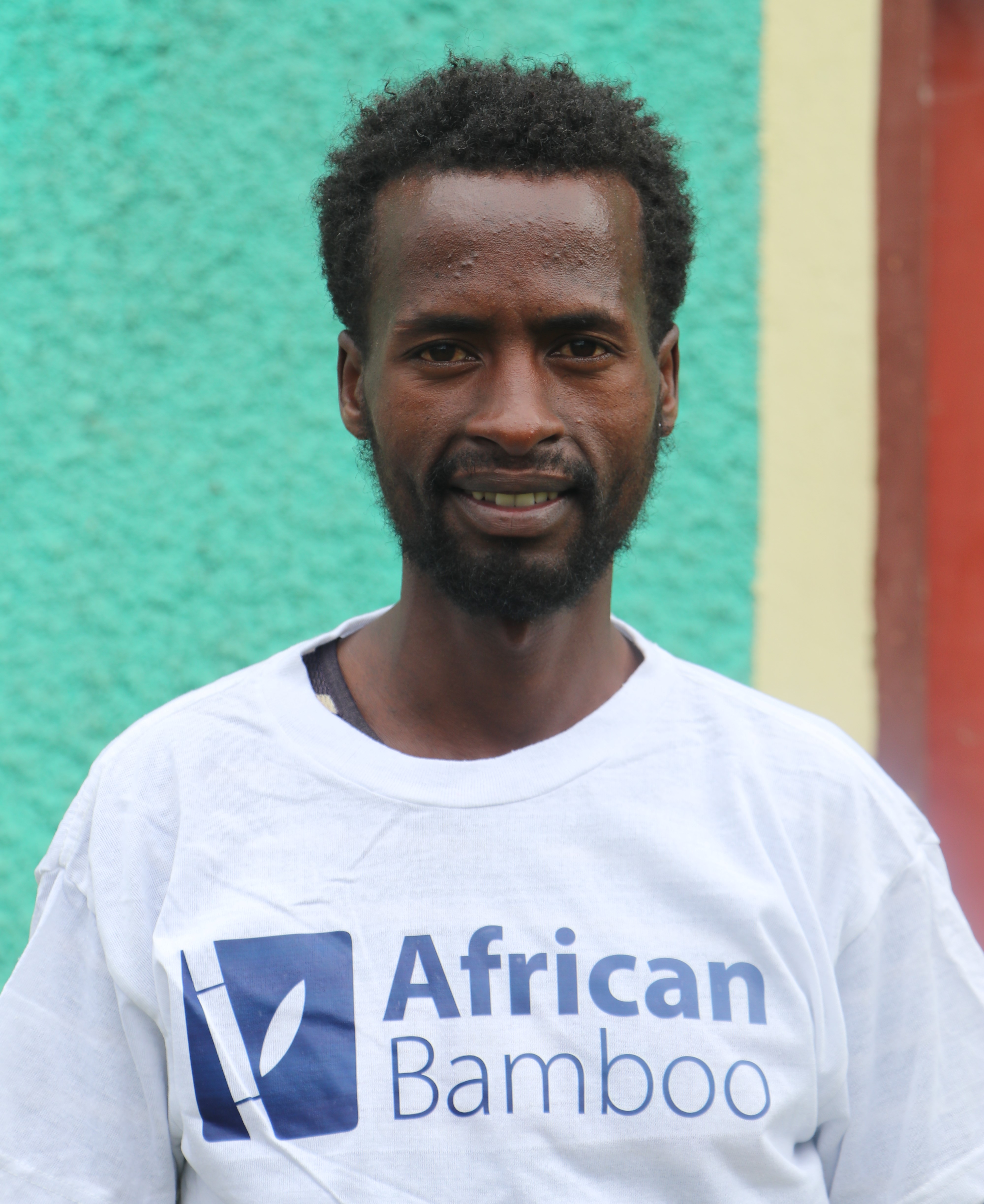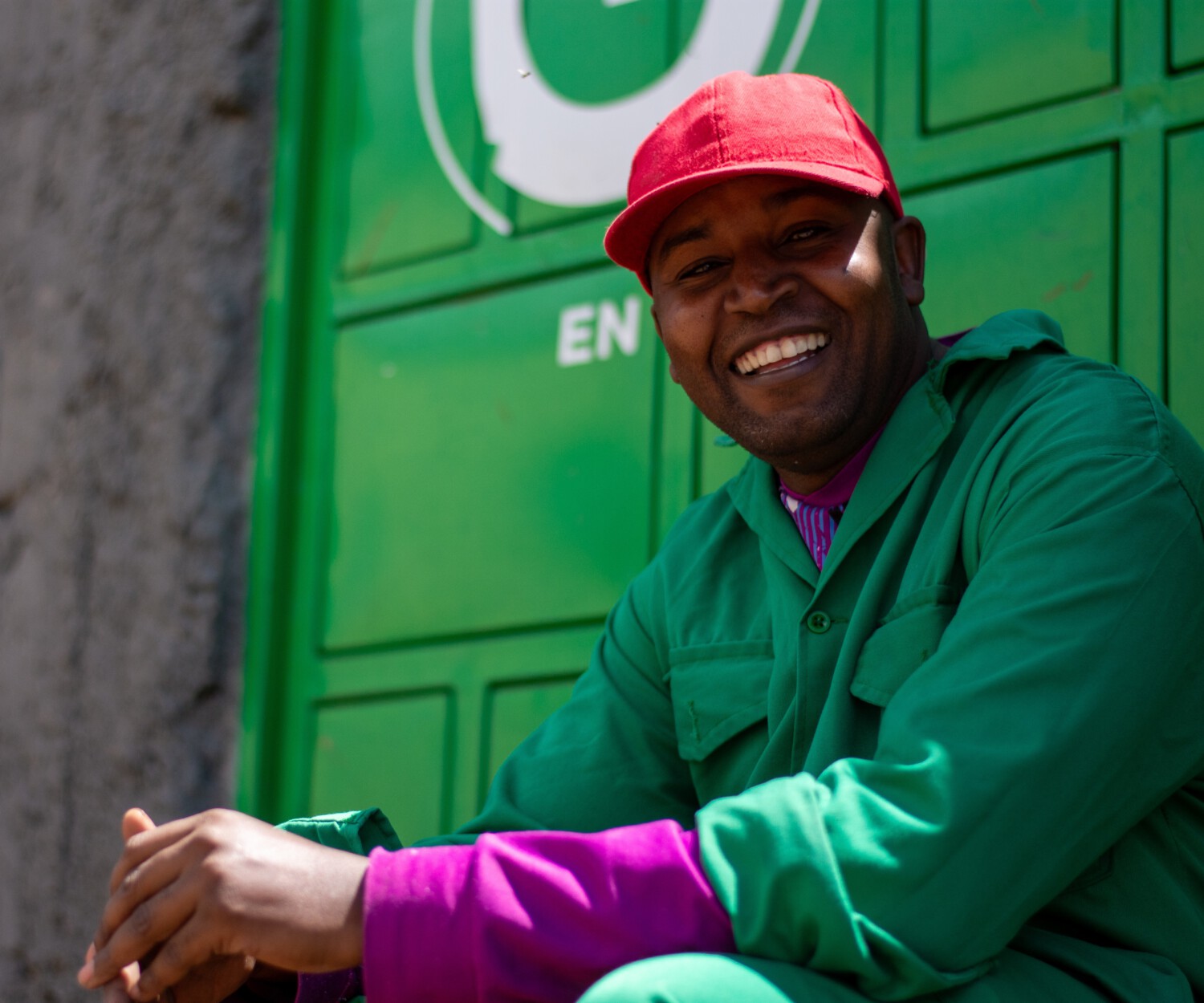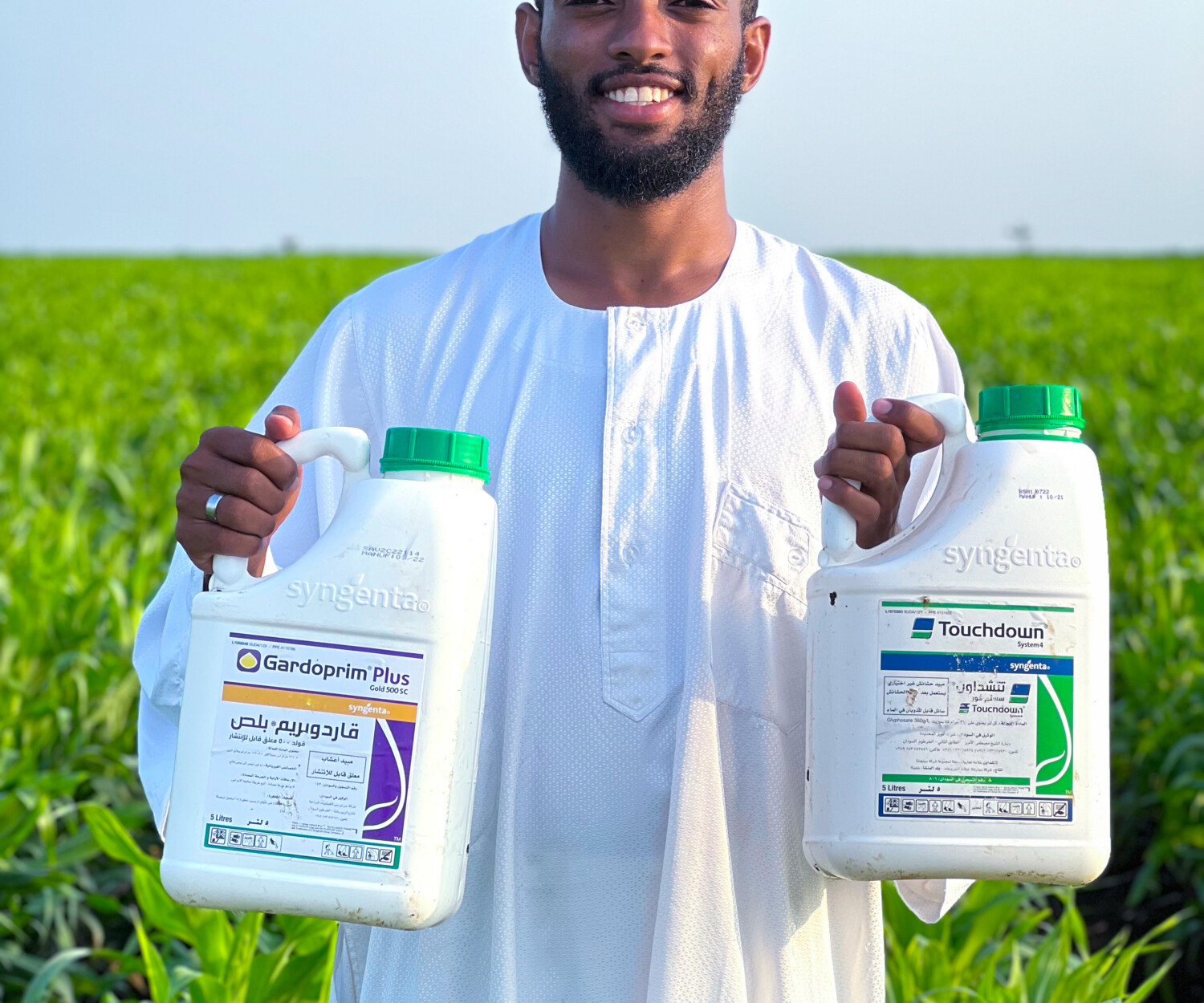Roots of Change: Building a Bamboo Empire through African Bamboo’s Seed Capital Programme
In the serene yet economically challenged district of Bursa, Ethiopia, four young individuals – Sintayehu Sirbo, Miriam Sirham, Etagu Debo, and Mikrie Melkamu – embarked on a journey to break the cycle of unemployment. Today, they stand as the proud founders of Heri Bamboo, a thriving household products enterprise born through African Bamboo’s CFYE-supported Seed Capital Programme.
The Visionary behind the Venture
Sintayehu, with a diploma in teaching and certifications in bamboo processing and furniture making, was the visionary behind Heri Bamboo. Despite his capabilities and skills, opportunities in his hometown of Bursa were scarce and the prospect of relocating to urban areas in search of work was equally daunting, posing its own challenges like lack of affordable housing and transportation costs.
When he came across African Bamboo’s Seed Capital Programme through the Bursa Job Creation Commission, Sinayehu saw a lifeline. The programme, which supports unemployed youth under 35, offers training in life and business skills, financial literacy, and long-term business coaching. Participants also receive seed funding of 60,000 ETB to kickstart their entrepreneurial ventures. For Sintayehu, this was a chance to turn his craftsmanship skills into a sustainable business, as he envisioned a bamboo-based enterprise that could thrive in Bursa. But he knew he could not do it alone.
Determined to build something meaningful, Sintayehu reached out to his childhood friends in the district. Though they came from different backgrounds, they were united by a shared desire to break free from the limitations of their circumstances.
A Team Forged in Friendship
Mariam is a high school graduate who spent time working on her family’s farm, a common path for young people in Bursa. However, she longed for more. She dreamed of earning her own income and supporting her parents in a way that went beyond the traditional farming route. When Sintayehu encouraged her to join African Bamboo’s programme and his venture, she saw an opportunity to realise those dreams.
Etagu had a background in management but, like Mariam, had returned to her family farm out of necessity. The farm’s earnings were barely enough to support her family, let alone give her a chance to build a sustainable future. When she heard about the programme through Sintayehu, she knew it could be her chance to gain financial independence. Mikrie, a graduate in animal production, faced similar struggles. Despite his qualifications, he was unable to find employment and had returned to his family’s farm to make ends meet but eventually joined the programme and the team, eager to gain the skills needed to create something lasting.
Together, the four friends embarked on a journey of learning and growth, utilising the programme’s teachings to set them on their business path.
Sintayehu especially credits the life and business skills trainings as life changing.
“The life and business skills stood out to me the most because I found those not only beneficial for my business but also in my personal life,” he reflects.
Mariam shares similar sentiments, noting: “Since I didn’t have any prior experience or exposure to business, it helped me discover a new way of earning an income. As part of Sentayehu’s long term plan beyond the programme, I also have the possibility of learning Bamboo processing skills, which will broaden my skillset and opportunities.”
Sowing the Seeds of Change
Armed with this knowledge and newfound skills, the team developed a business plan and worked closely with local leaders in the Kebele district. They used their seed funding to purchase two cattle, bamboo processing tools, farming supplies, and cabbage seeds, allowing them to generate short-term income, while laying the foundation for their enterprise.
But their journey was not without challenges. Bureaucratic delays in accessing the seed funding created early setbacks, and the team initially lacked the technical expertise needed for bamboo processing. To overcome these hurdles, they temporarily shifted their focus to farming. Mariam and Etagu cultivated vegetables in Bursa, while Sintayehu and Mikrie travelled to Shashemene to gain hands-on experience in sourcing and transporting bamboo. Their perseverance paid off, and they soon had the skills and resources needed to move forward with Heri Bamboo.
Sintayehu, with his craftsmanship expertise, led the bamboo furniture production. Mikrie took charge of sourcing and transporting bamboo, ensuring a steady supply for the workshop. Mariam and Etagu managed the farm and cared for the cattle, with Etagu also overseeing the finances of the business, drawing on the training she had received in fund management from African Bamboo.
For Sintayehu, the journey reinforced his belief in the power of collaboration and persistence. Reflecting on his experience, he offered this advice to other aspiring entrepreneurs:
“Don’t focus solely on money at the start. Seek out experts who can teach you practical skills, and build experience before diving in.”
Now, Heri Bamboo stands as a symbol of hope and possibility in Bursa. By blending traditional craftsmanship with innovative ideas, the team has created a thriving business and a legacy of empowerment and inclusivity. With 2.2 million in funding, African Bamboo’s project has empowered 120 Micro,Small, and Medium Enterprises (MSMEs), leading to the creation of 6,033 jobs. These include 3,606 opportunities for smallholder farmers and 2,427 roles specifically targeting youth and women.
Collaboration with key international partners such as CFYE and local partners including local financial institutions, Technical and Vocational Education and Training centers (TVETs), and entities like the Forest and Environment Bureau, Cooperative Bureau, Skills and Enterprise Bureau, Hawassa University, and local nurseries, has been vital. These partnerships have provided essential support in skill development, resource management, and capacity building.
The journey of Heri Bamboo proves that with the right support from programs like African Bamboo and unwavering determination, it is possible to overcome even the toughest circumstances and create a better future for oneself and one’s community.
More stories
Interested in more?
Vacancy
Consultancy – Technical Assistant Expert
 Sade Aalto-Setala
Sade Aalto-Setala
 December 3, 2025
December 3, 2025
